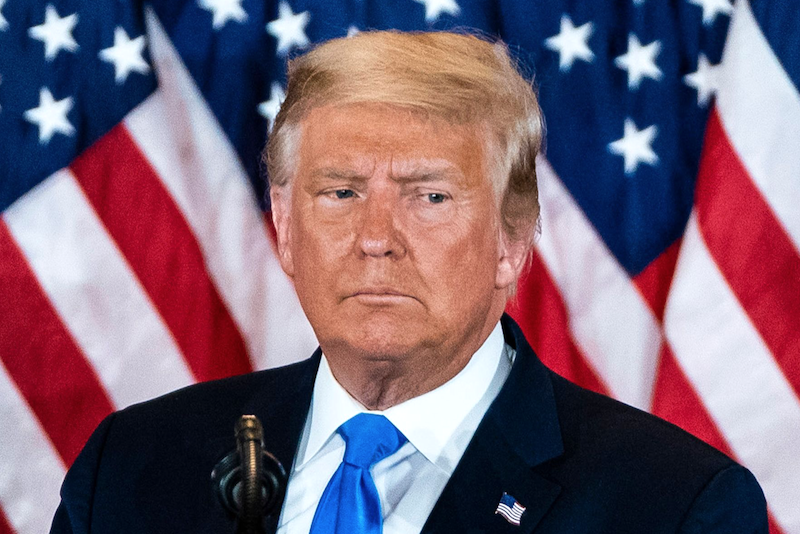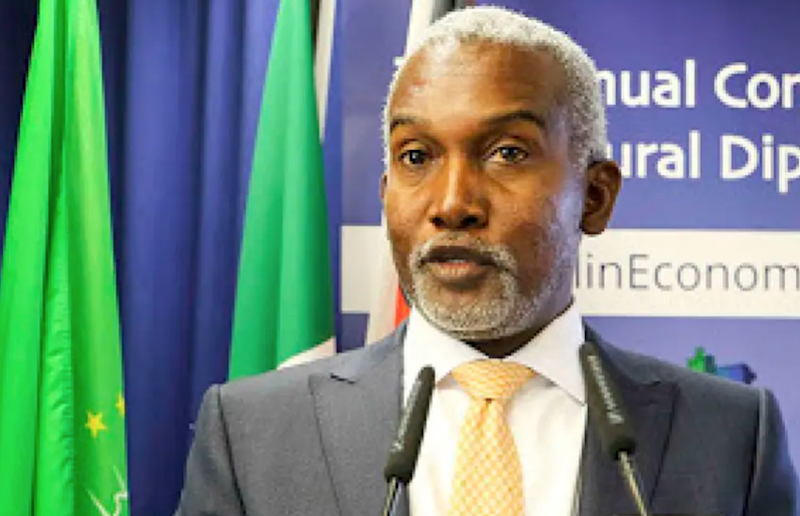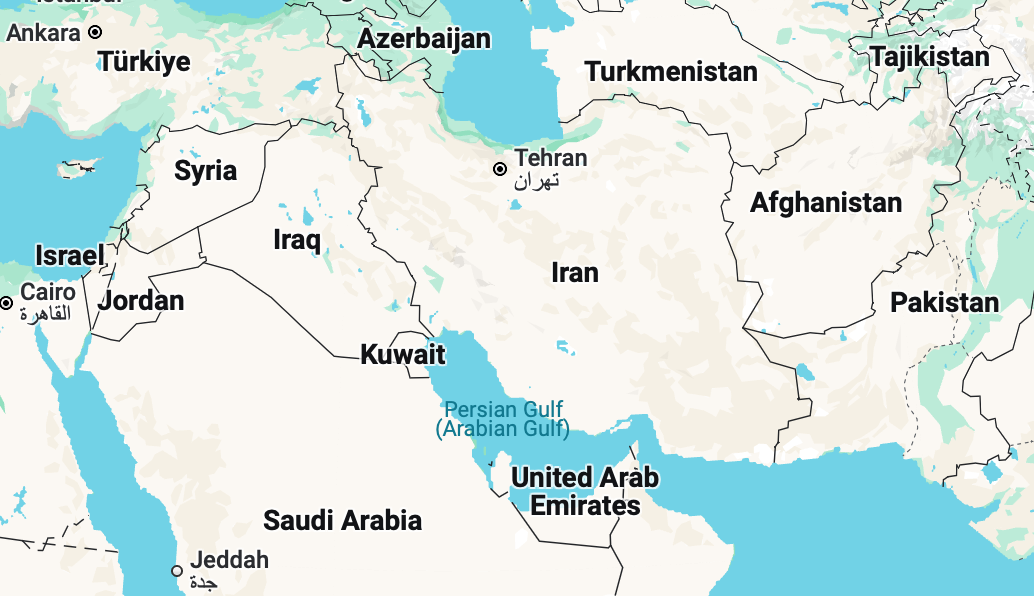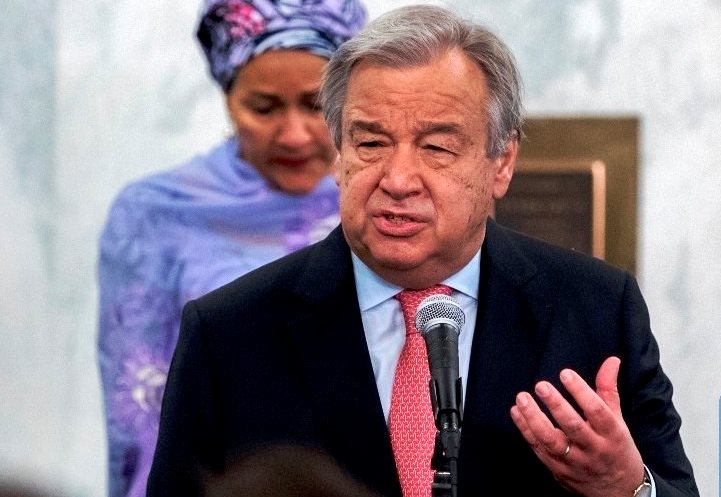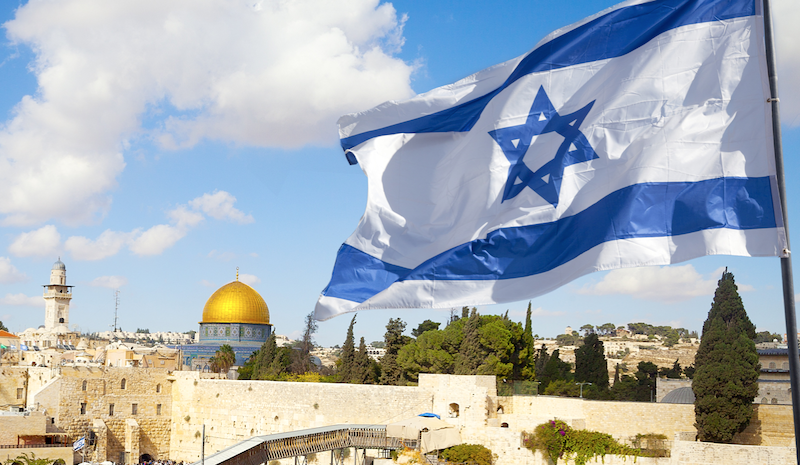U.S. President Donald Trump has disclosed that the United States has carried out “very successful attack” on three nuclear sites in Iran: Fordow, Natanz, and Esfahan.
TheNewsGuru.com (TNG) reports President Trump disclosed this via Truth Social while warning that “any retaliation by Iran against the United States of America will be met with force far greater than what was witnessed tonight”.
Trump in posts on the social media platform on Saturday described the attack on the Fordow, Natanz, and Esfahan nuclear sites as historic for the USA, Israel and the world, adding that Iran must now agree to end the war.
“We have completed our very successful attack on the three Nuclear sites in Iran, including Fordow, Natanz, and Esfahan.
“All planes are now outside of Iran air space. A full payload of bombs was dropped on the primary site, Fordow. All planes are safely on their way home.
“Congratulations to our great American warriors. There is not another military in the world that could have done this. Now is the time for peace,” Trump wrote.
Sources said the United States Air Force used 6 Northrop B-2 Spirit stealth bombers to drop 12 bunker-buster bombs, that is 360,000 lbs, on the Fordow Nuclear Facility, obliterating the entire nuclear capability.
TNG reports this is coming after hostilities broke out between Israel and Iran on June 13 when Israel launched airstrikes on several sites across Iran, including military and nuclear facilities, prompting Tehran to launch retaliatory strikes.
The Israel versus Iran crisis has led to fatalities running into hundreds as Iranian Foreign Minister Abbas Araghchi on Saturday warned that the U.S. participation in Israel’s ongoing attacks on Iran would be “very unfortunate” and “extremely dangerous for everyone.”
Also, the United Nations’ Secretary-General Antonio Guterres had warned that the ongoing violent conflict between Iran and Israel is “a fire no one can control” and risks spiralling out of control.
UN nuclear chief gives grave warnings on Iran’s nuclear safety
Recall that the UN nuclear watchdog, the International Atomic Energy Agency (IAEA) had earlier released the most alarming update on the ongoing Israel’s attacks on Iran’s nuclear facilities.
IAEA Director General, Rafael Grossi, on Friday warned the UN Security Council that Israeli attacks on Iranian nuclear facilities were degrading critical safety systems and placing millions at potential radiological risk.
Grossi said at Natanz, the destruction of electricity infrastructure and direct strikes on enrichment halls had led to internal contamination.
Grossi said while no radiological release has been detected outside the facility, warned that uranium compounds now posed significant health hazards within.
At Isfahan, the UN nuclear watchdog boss said multiple buildings including a uranium conversion plant and a metal processing facility, were hit.
At Arak’s Khondab reactor site, he said that damage was sustained, though the facility was not operational.
The greatest risk, however, he said, is the Bushehr Nuclear Power Plant, which remains operational.
Grossi warned that a direct strike “could result in a high release of radioactivity to the environment.”
He stressed that even a disruption of its external power supply could lead to a core meltdown.
In the worst-case scenario, radiation would affect populations hundreds of kilometres away and require mass evacuations, he warned.
Grossi also warned against any attack on the Tehran Nuclear Research Reactor, which could endanger millions in the capital.
“Nuclear facilities and material must not be shrouded by the fog of war,” he said. We must maintain communication, transparency and restraint,” the IAEA chief stressed.
Grossi pledged that the IAEA would continue to monitor and report on nuclear safety conditions in Iran and reiterated his readiness to mediate.
He stressed that the agency “can guarantee, through a watertight inspections system,” that nuclear weapons will not be developed in Iran, urging dialogue.
“The alternative is a protracted conflict and a looming nuclear threat that would erode the global non-proliferation regime,” he stressed.
